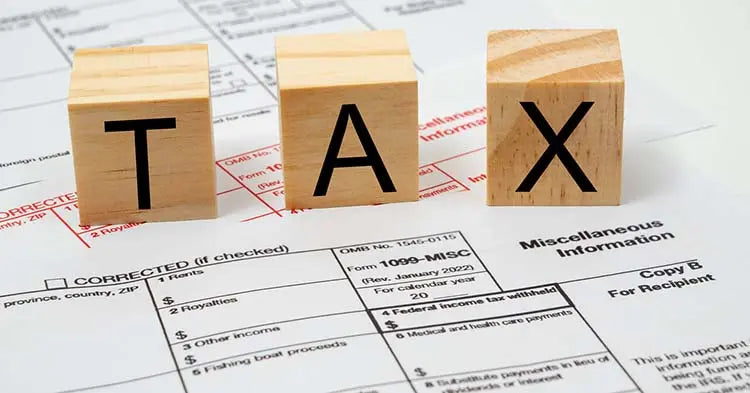
Filing a Tax Extension: What You Need to Know
If you are unable to file your taxes by the original deadline, filing a tax extension can give you more time to prepare and submit your tax return. However, there are certain things you should keep in mind before requesting an extension.
Firstly, it's important to understand that filing an extension only gives you more time to submit your tax return. It does not give you more time to pay any taxes owed. If you owe taxes, you will still need to estimate the amount due and make a payment by the original tax deadline to avoid penalties and interest. Failing to pay taxes owed by the original deadline can result in additional fees and interest charges.
To file a tax extension, you will need to submit Form 4868 to the Internal Revenue Service (IRS) by the original tax deadline. This form is available on the IRS website or can be filed electronically through tax preparation software or a tax professional. By filing this form, you can get an automatic extension of six months to file your tax return.
It's important to note that some states require their own extension form to be filed in addition to the federal Form 4868. You should check with your state's tax authority to see if this applies to you.
While filing an extension can give you more time to file your tax return, it's generally recommended that you try to file your taxes as soon as possible. This is because interest and penalties can still accrue on any unpaid taxes owed after the original tax deadline, even if you have filed for an extension.
Filing your tax return on time can also help you avoid any potential delays in receiving tax refunds, as the IRS typically processes tax returns in the order they are received.
If you are unsure whether you need to file for an extension or have any questions about the process, it's a good idea to consult with a tax professional. They can help you determine whether an extension is necessary, estimate any taxes owed, and help you file the necessary forms.
In conclusion, filing a tax extension can give you more time to prepare and submit your tax return, but it's important to remember that it does not give you more time to pay any taxes owed. If you are filing for an extension, you should make sure to estimate and pay any taxes owed by the original deadline to avoid penalties and interest charges. It's also recommended that you try to file your taxes as soon as possible to avoid potential delays in receiving tax refunds.
Get the biggest savings on TurboTax here
Here are some helpful links from the IRS Website:
Extension Forms by Filing Status
Individuals
- Form 4868, Application for Automatic Extension of Time To File U.S. Individual Income Tax Return
- Individual tax filers, regardless of income, can use IRS Free File to electronically request an automatic tax-filing extension
Special rules may apply if you are:
- Serving in a combat zone or a qualified hazardous duty area
- Living outside the United States
- Qualify for tax relief in disaster situations
Business and Corporations
- Form 7004, Application for Automatic Extension of Time to File Certain Business Income Tax, Information, and Other Returns
- Form 1138, Extension of Time for Payment of Taxes by a Corporation Expecting a Net Operating Loss Carryback
Other Forms
- Form 2350, Application for Extension of Time to File U.S. Income Tax Return (For U.S. Citizens and Resident Aliens Abroad Who Expect To Qualify for Special Tax Treatment)
- Form 4768, Application for Extension of Time to File a Return and/or Pay U.S. Estate (and Generation-Skipping Transfer) Taxes
- Form 5558, Application for Extension of Time to File Certain Employee Plan Returns
- Form 8809, Application for Extension of Time to File Information Returns
- Form 8868, Application for Extension of Time To File an Exempt Organization Return
- Form 8892, Application for Automatic Extension of Time to File Form 709 and/or Payment of Gift/Generation-Skipping Transfer Tax


